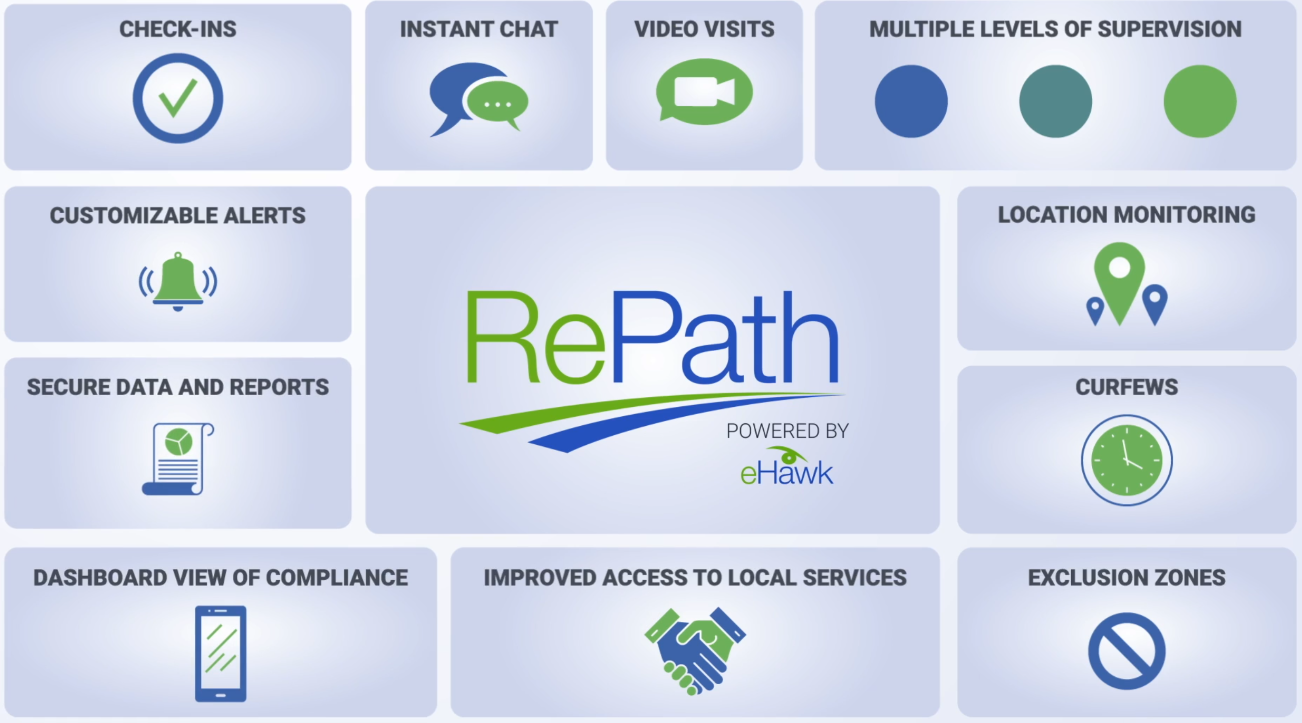The Direct and Indirect Costs of Pre-Trial Incarceration
Pre-trial incarceration in the United States has been steadily climbing for decades, leading to overcrowded jails, strained resources, and increased taxpayer burdens. There are growing calls to examine the direct and indirect costs associated with detaining defendants before their trial, and the broader implications on society and the economy. In this article, we delve into pre-trial incarceration rates, discuss the potential of pre-trial diversion programs, and introduce jail reform initiatives that are making a difference.
Pre-Trial Incarceration By the Numbers
The United States holds an alarming number of defendants in pre-trial detention. Statistics reveal that:
- There are currently over 400,000 people in the United States in jail, awaiting trial
- Roughly 67% of people in local jails are being held awaiting trial
- The pre-trial incarceration rate has increased by 30% in the last two decades
- Nearly all growth in jail population over the past 20 years has been from defendants awaiting trial
Source: Bureau of Justice Statistics
These figures not only reflect the immense strain on jail facilities but also underscore the urgent need for reform.
Understanding the Direct Costs
Financial Burden on Taxpayers:
Pre-trial detention is expensive, with taxpayers bearing the brunt. On average:
- It costs $90-120 per day to detain a defendant.
- Annual expenditure on pre-trial detention surpasses $13 billion.
Impact on Defendants:
Detainees face severe repercussions, including:
- Loss of employment
- Disruption of familial ties
- Diminished mental health
- Significantly increased risk of recidivism
In fact, the impact of being held for just 8 days is profound: “When held 8-14 days, low-risk defendants are 51 percent more likely to commit another crime within two years after completion of their cases than equivalent defendants held no more than 24 hours.”
The ripple effect of pre-trial incarceration extends far beyond the individual, affecting communities and society at large. This includes increased crime rates in impoverished neighborhoods and the perpetuation of a cycle of poverty and incarceration.
The Promise of Pre-Trial Diversion
Pre-trial diversion programs offer a viable alternative, aiming to reduce pre-trial incarceration rates and provide defendants with rehabilitation opportunities. Studies show that participants in these programs are less likely to reoffend, highlighting their efficacy. Following are a few of the most common diversion programs:
- Drug Courts: Participants receive comprehensive substance abuse treatment, close supervision, and regular drug testing, leading to lower recidivism rates.
- Mental Health Courts: Tailored for individuals with mental health issues, these courts provide treatment, resources, and support, resulting in better outcomes and reduced criminal behavior.
- Veterans Treatment Courts: These courts focus on addressing the unique needs of veterans, integrating treatment and support with accountability measures.
- Community Service Programs: Offenders give back to the community while gaining a sense of responsibility, often leading to positive behavior change.
- Restorative Justice Programs: By facilitating communication between victims and offenders, these programs promote accountability, repair harm, and can lead to reduced reoffending.
These programs aim to address root causes, to rehabilitate offenders, and to promote positive change.
From Pre-Trial Detention to Supervision
There are two main reasons people are detained before trial: to keep them from committing additional crimes and to ensure they appear in court. For low-risk cases, ankle monitors and cash bail are partial solutions that come with their own adverse consequences.
Increasingly, courts across the country are turning to electronic supervision using smartphones as a less intrusive, more effective, more equitable solution to the pre-trial dilemma.
RePath stands at the forefront of jail reform, offering a mobile supervision solution that is both efficient and secure. The software utilizes GPS tracking and biometric check-ins, a suite of communication tools, automated alerts for violations of conditions of release, and even Cognitive Behavioral Therapy tools.

RePath not only provides accountability but also provides defendants with the support they need to reintegrate into society.
Success Stories:
Courts across the nation adopting RePath have reported impressive results:
- A 50% reduction in failures to appear
- 400% increase in efficiency in case management, due to the automation of time-consuming tasks
- Significant reductions in pre-trial incarceration, jail overcrowding, and associated expenses
The following video dives deeper into the impact electronic supervision has had on the state of Missouri:
Read more about Missouri's success with pre-trial supervision.
Embracing Electronic Supervision for a Better Future
The costs associated with pre-trial incarceration are staggering, underscoring the dire need for innovative solutions and comprehensive reform. RePath is leading the charge, offering mobile supervision software that is redefining pre-trial supervision and contributing to the broader goals of jail reform.
